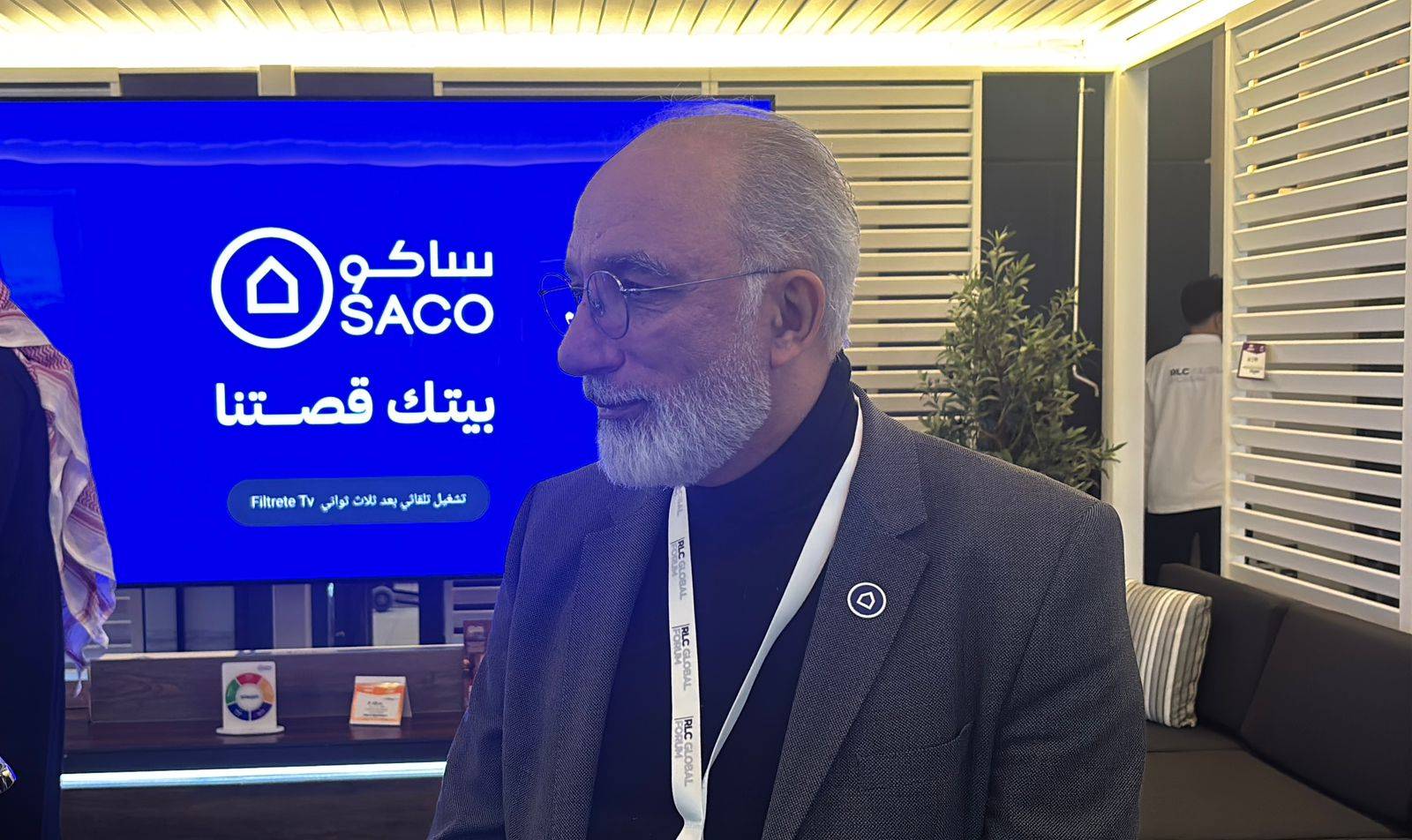A member of the Egyptian parliament’s economic committee revealed a proposal to reduce monetary pressure, by addressing the debt problem, in light of the country’s severe currency crisis.
In exclusive remarks to Asharq Al-Awsat, MP Ahmed Samir said that the proposed strategy included a plan to convert Egyptian debts into investments and projects, through an agreement with the International Monetary Fund and the World Bank.
He explained: “If an agreement is reached with these two institutions to reduce Egyptian debt and transfer part of it to projects and investments, as happens with some other countries, this will reflect positively on the Egyptian credit rating.”
According to the Ministry of Finance’s financial report in September, Egypt spent 391.8 billion pounds on debt service in the first two months of the current fiscal year 2023/2024, with a 160-percent increase over the 149.9 billion pounds spent in the same period of the previous fiscal year.
This widened the budget deficit to 3.2 percent of GDP during the first two months, from 1.4 percent the previous year.
Samir said that Parliament’s economic committee was currently studying amending the capital law, to stimulate transactions on the Egyptian Stock Exchange by attracting new companies and increasing local and foreign offerings.
Despite the rise in Egyptian stock market indices over the past weeks, and the main index recording a new high of 24,300 points, supported by foreign purchases in Thursday’s session, the market capitalization of shares of listed companies amounts to 1.6 trillion pounds.
Moody’s, Fitch, and Standard & Poor's, have lowered Egypt’s credit rating, in light of a record rise in sovereign debt and debt service. In its latest report, Moody’s downgraded Egypt’s rating from B3 to Caa1.
In this context, the Egyptian deputy said: “We are currently comparing the Egyptian Stock Exchange to the Saudi Tadawul... Therefore, we see that the trading volume on the Egyptian Stock Exchange should double... We need more liquidity by offering more companies, and that is by increasing the incentives that we are currently studying.”
Egypt had launched the first version of the Sustainable Development Strategy: Egypt Vision 2030, in 2016, as the basis for the comprehensive development process.
In early 2018, the country decided to update its sustainable development agenda with the participation of all stakeholders from development partners, in order to keep pace with the changes that occurred in the local, regional and global context.
The second version of Egypt’s Vision 2030 focused on explaining how the Egyptian contribution will serve the international agenda and the global context.










